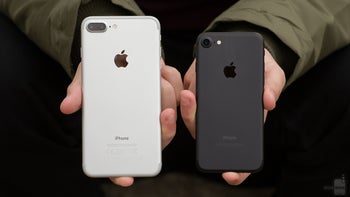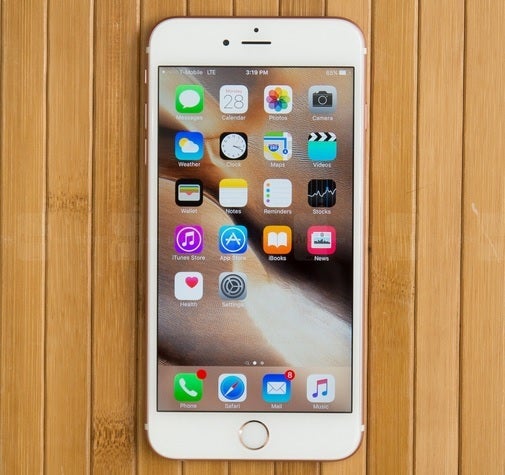Batterygate returns as Apple must defend throttling the iPhone in U.K. court

Back in 2016, owners of the iPhone 6, iPhone 6 Plus, iPhone 6s, and iPhone 6s Plus complained that their phones were shutting down after asking them to handle a task that required the processor to do heavy lifting. This was blamed on the weaker batteries that these models had. Apple sent out an update in January 2017, iOS 10.2.1, that was designed to throttle the CPUs of the aforementioned iPhone models that were shutting down. Thanks to the throttling, the batteries on these handsets no longer had to struggle to deliver the necessary power to the processor.
However, the throttling was noticed by some iPhone users who accused Apple of slowing down the devices on purpose in order to generate sales of new iPhones. In a letter written by CEO Tim Cook in December 2017, Apple apologized and addressed the concern that it was practicing planned obsolescence by saying that it would never do anything to shorten the lives of its products. And Apple reduced the cost of replacing an iPhone battery for all of 2018 by 63%.

One of the phones that Apple throttled was the iPhone 6s Plus
Lawsuits ensued and Apple added the Battery Health feature with iOS 11.3 in 2018 to help iPhone users monitor the health of their battery. Now, years after Batterygate earned its name, legal action is coming to the U.K. Per Sky News, Justin Gutmann, a U.K. consumer rights advocate, was given the green light by a judge to continue a class action suit against Apple on behalf of over 25 million U.K. iPhone users who had their devices throttled without their knowledge.
The models affected include the iPhone 6, iPhone 6 Plus, iPhone 6s, iPhone 6s Plus, iPhone SE, iPhone 7, and iPhone 7 Plus. Gutmann accuses Apple of taking advantage of its dominating market share to try and get owners of the aforementioned models to buy new iPhones or new batteries. Should Apple lose the case, all U.K. consumers who owned one of the affected models will receive compensation. As you might expect, Apple calls the suit "baseless."
In the U.S., the most recent legal action related to Batterygate took place this past August when a judge approved a settlement between Apple and the plaintiffs in a class action suit. Apple agreed to pay $500 million which represents a payment of about $65 for each member of the class.










Things that are NOT allowed: